The man accused of trying to assassinate Donald Trump on his West Palm Beach golf course two months before Trump clinched his second presidency in the 2024 White House election has been found guilty by a jury in Fort Pierce, Florida.
Ryan Routh – who now faces up to life in prison at a later sentencing hearing – reportedly tried to use a pen to stab himself in the neck as the guilty verdict was read in court. Officers quickly swarmed him and dragged him out of the courthouse.
Jurors in Routh’s trial returned a verdict of guilty on all charges after deliberating for less than three hours.
The government charged Routh, 59, with five criminal counts, including attempted assassination of a major presidential candidate, possessing a firearm in furtherance of a crime of violence and assaulting a Secret Service agent, after an incident on 15 September last year when he was spotted with a rifle hiding in bushes as Trump’s golfing party approached.
Prosecutors said Routh, 59, had purchased a military-grade weapon, researched Trump’s movements and utilized a dozen burner phones as part of a plot to kill Trump that was motivated by political grievances.
“Today’s guilty verdict against would-be Trump assassin Ryan Routh illustrates the Department of Justice’s commitment to punishing those who engage in political violence,” US attorney general Pam Bondi said in a statement on X.
“This attempted assassination was not only an attack on our [now] president, but an affront to our very nation itself,” Bondi added before thanking prosecutors and law enforcement for “protecting” Trump and “securing this important verdict”.
In a post on Truth Social, Trump thanked the attorney general, deputy Todd Blanche, and the justice department team for Routh’s conviction, calling it “meticulously handled”. He also thanked “the Judge and Jury for their time, professionalism, and patience”, adding:
“This was an evil man with an evil intention, and they caught him. I would also like to thank the Secret Service, Department of Florida Law Enforcement, and the wonderful person who spotted him running from the site of the crime, and acted by following him, and getting all information on car type and license plate to the Sheriff’s Office, IMMEDIATELY, which led to his arrest and conviction.
“What incredible instinct and foresight this person had – A very big moment for JUSTICE IN AMERICA!”
Routh’s attempt on Trump’s life on 15 September 2024 came just nine weeks after the then presidential candidate narrowly survived a previous attempted assassination at a rally in Butler, Pennsylvania. In the earlier case, 20-year-old Thomas Crooks fired eight shots at Trump, with one bullet grazing his ear, before being killed by Secret Service counter-snipers, officials have said.
At the trial, Routh represented himself despite having no legal expertise. In court filings, he suggested his case should be settled by a golf match.
If Trump won, the president could execute Routh, the filing suggested. If Routh won, he said, he would become president.
Routh also requested a putting green for match practice and asked for “female strippers” to be present.
His self-representation intermittently threatened to derail proceedings. The presiding judge, Aileen Cannon – who dismissed an unrelated case against Trump involving federal classified documents – advised Routh to keep his comments relevant after he remarked that “modern trials seem to eliminate all that is human”. But Routh continued his musings on the “history” of human existence.
Routh was once a North Carolina construction worker who had moved to Hawaii and styled himself as a mercenary leader. He tried to recruit soldiers from Afghanistan, Moldova and Taiwan to fight the Russians in Ukraine.
Prosecutors said Routh made 17 trips to scope out Trump’s golf course. Over the course of his two-week trial, prosecutors called 38 witnesses, including two bothers who testified about receiving a box from Routh five months earlier that contained wires, pipes and bullets.
After investigators arrested Routh, the brothers said they opened the box to find a 12-page letter in which he wrote: “This was an assassination attempt on Donald Trump, but I failed you. I tried my best and gave it all the gumption I could muster. It is up to you now to finish the job.”
Routh ultimately was spotted by a Secret Service agent as he hid in nearby shrubbery while aiming a rifle at a member of Trump’s security detail. An agent fired on Routh, who initially fled the scene but was later captured driving north.
Police later said the perimeter of the golf course was not fully secured as Trump was not an incumbent president and his visit was not scheduled. Riuth was captured after a tipoff from a witness who had made a record of a license plate number of a car into which a man had jumped into after running out of the bushes.
Routh chose not to testify in his own defense but instead called three witness, two of whom testified about his character. He told the court that he hoped they would show jurors he was incapable of killing Trump, who retook the Oval Office in January.
“Give it your worst,” Routh told Cannon after she warned him about using character witnesses. “We can analyze every moment of my life. We are here to ascertain the truth – we are going to give the jury everything.”
He called Marshall Hinshaw, a longtime friend, asking him if his “personal opinion” of Routh was that he was “peaceful and gentle, and nonviolent?”
“I would say so,” Hinshaw said. “I would not expect you to harm anyone, Ryan.”
Routh asked Hinshaw about his parenting style. “You are not aware of me hitting or spanking my children?” Routh asked.
“No, maybe the other way around,” Hinshaw said. As the questioning continued, Cannon said: “This must cease. I am going to ask you to wrap up.” She later warned that she would bar Routh from addressing the jury if his closing argument was “disconnected”.
Routh also called Michael McClay, a US Marine Corps veteran and expert in sniper tactics. McClay noted that Routh’s rifle – a Chinese-made variant of the AK-47 – would routinely misfire and that its scope appeared to be attached with putty, tape and glue.
“Is there any way you could put a chance of success rate?” Routh asked McClay. McClay replied: “With the severity and seriousness of this, I am not going to guess that.”
“I respect that,” Routh said.
Routh’s line of questioning went further astray when he asked McClay, “If someone is not dedicated to their mission 100%, is an exit plan vital to those who are cowards?”
McClay answered: “I don’t understand.”

 German (DE)
German (DE)  English (US)
English (US)  Spanish (ES)
Spanish (ES)  French (FR)
French (FR)  Hindi (IN)
Hindi (IN)  Italian (IT)
Italian (IT)  Russian (RU)
Russian (RU)  2 hours ago
2 hours ago

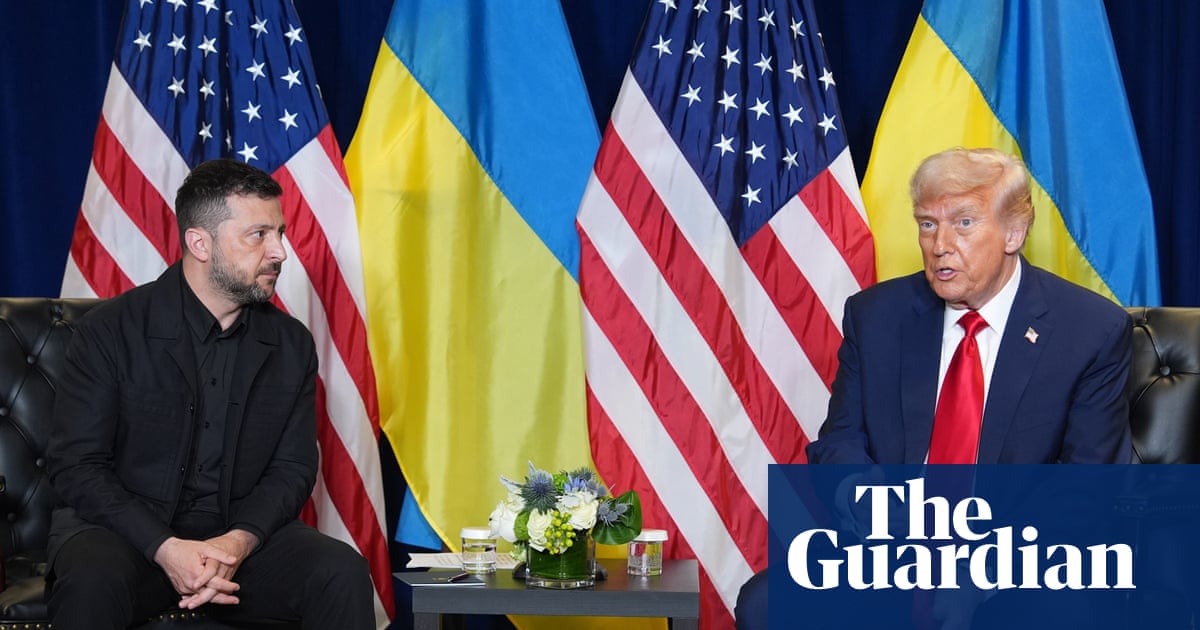
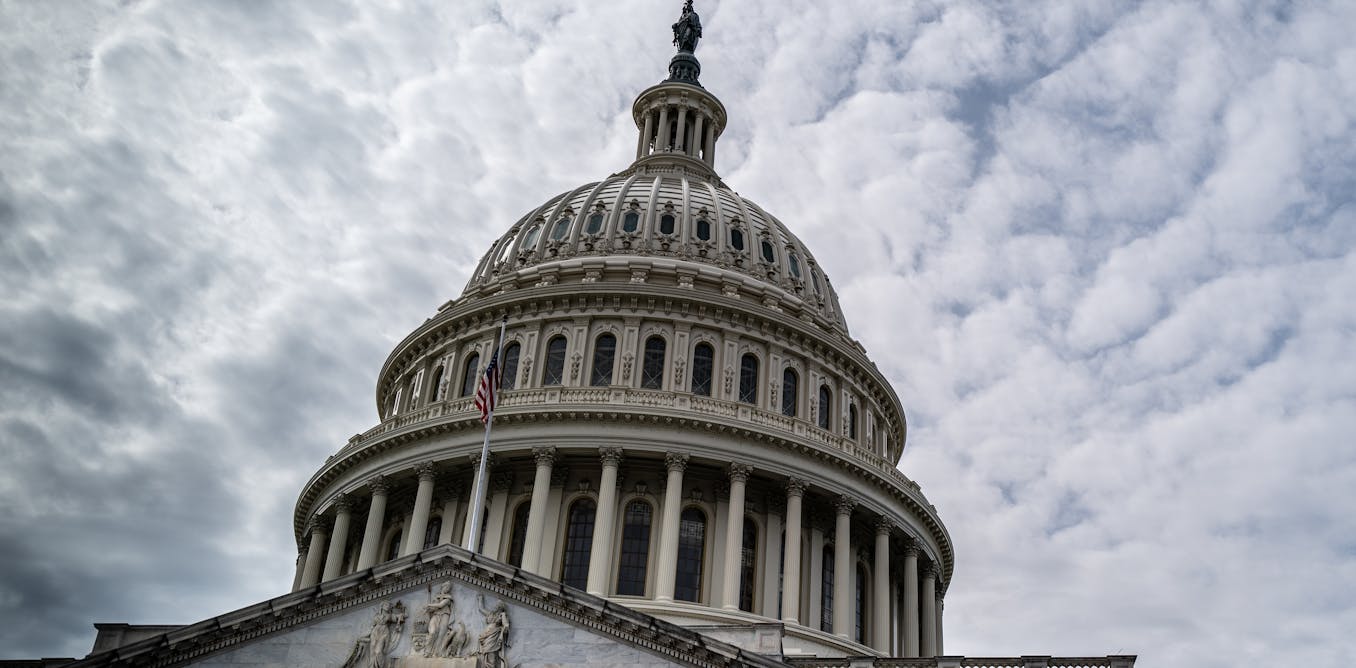
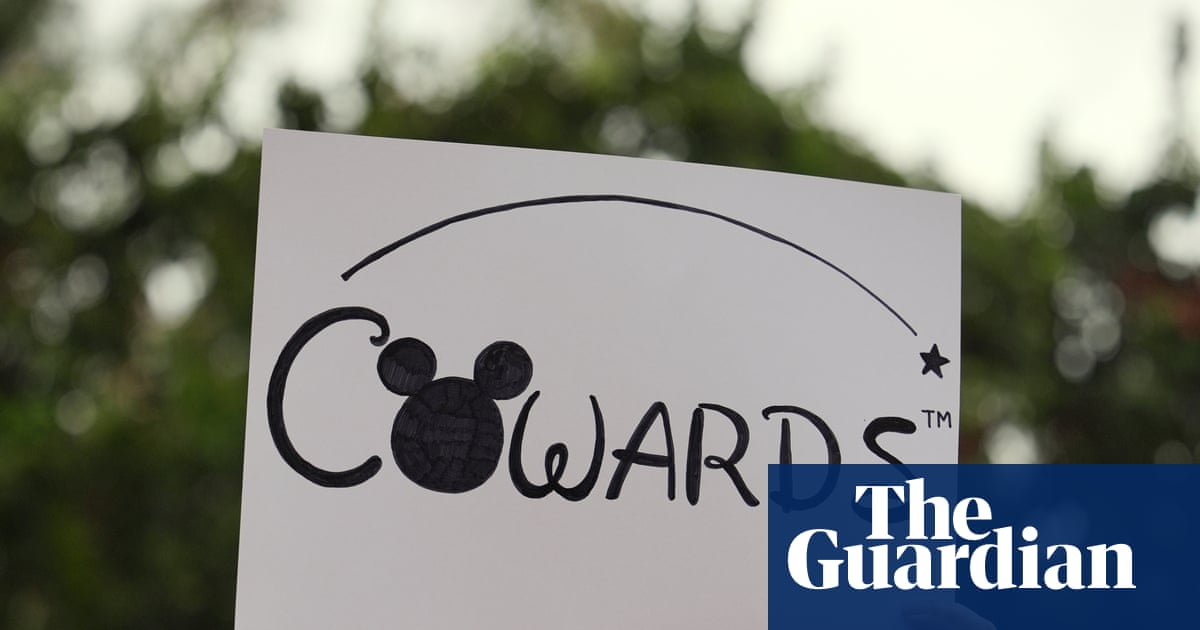





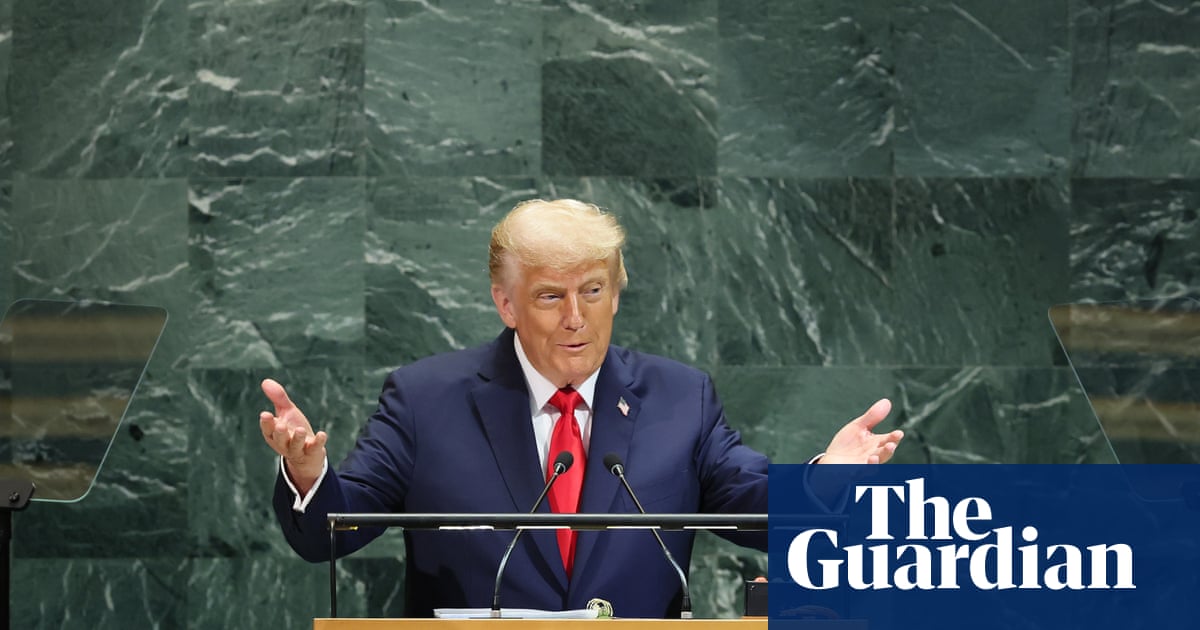
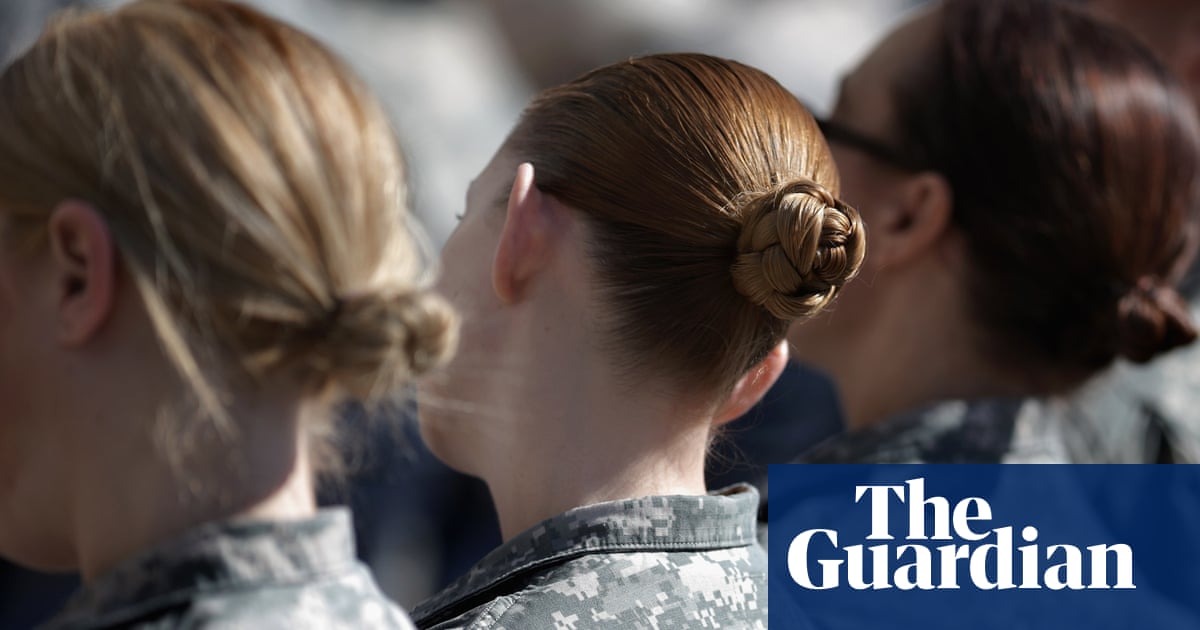
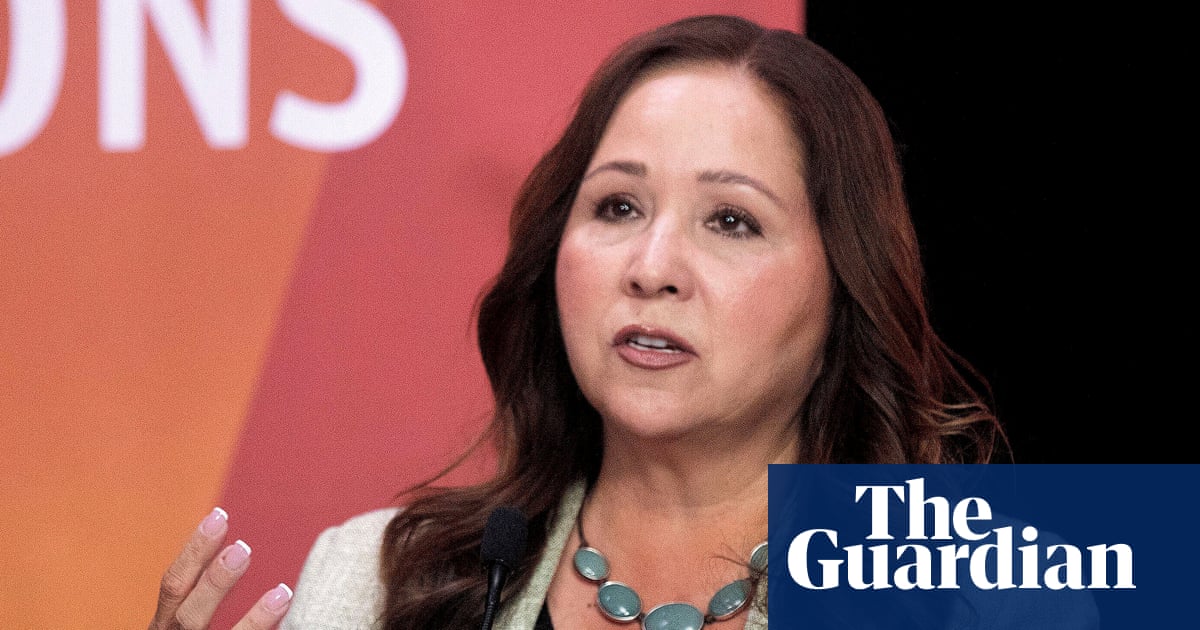
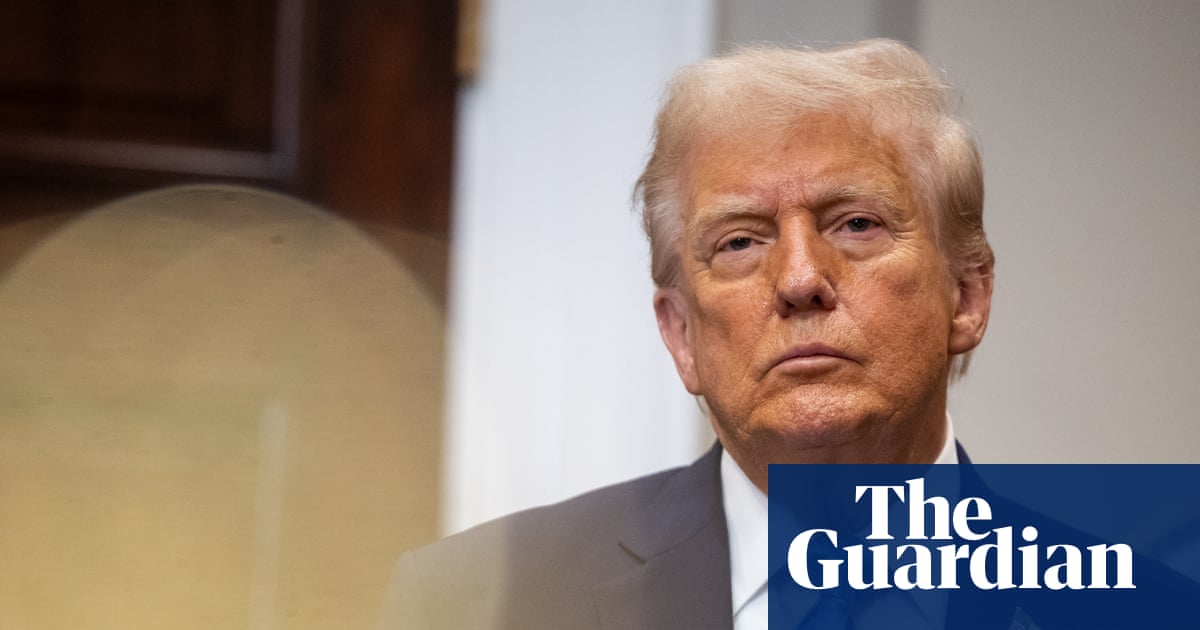
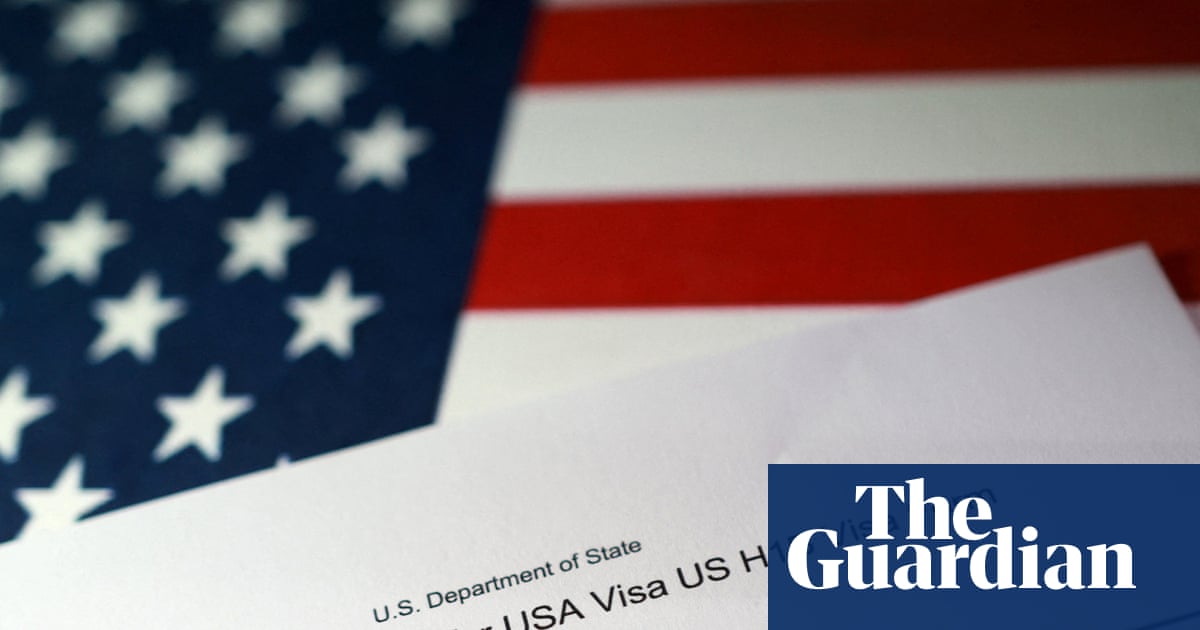










Comments